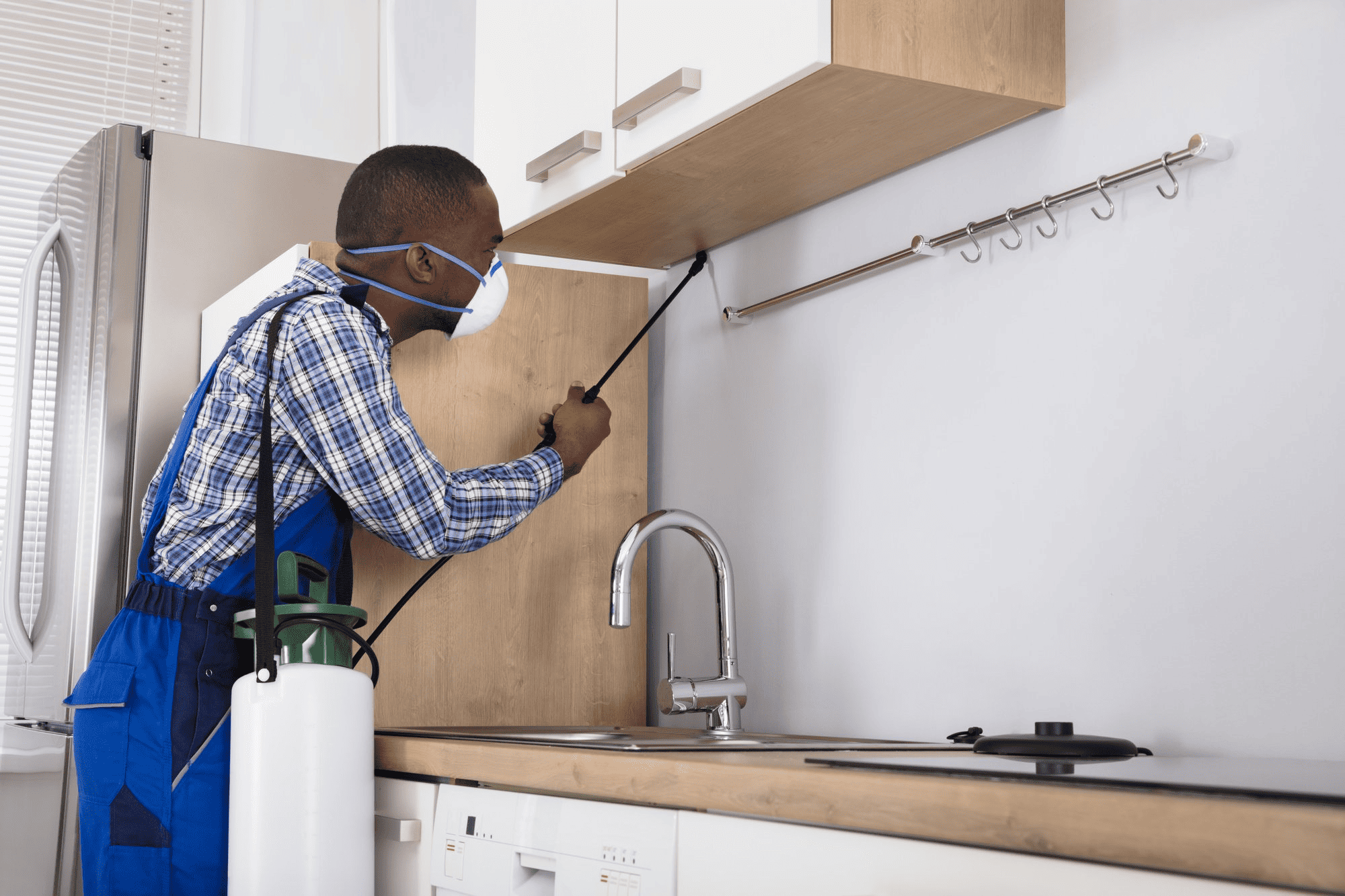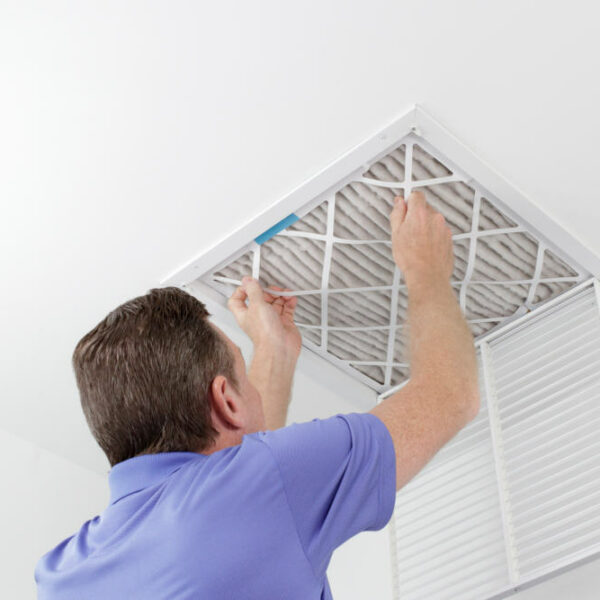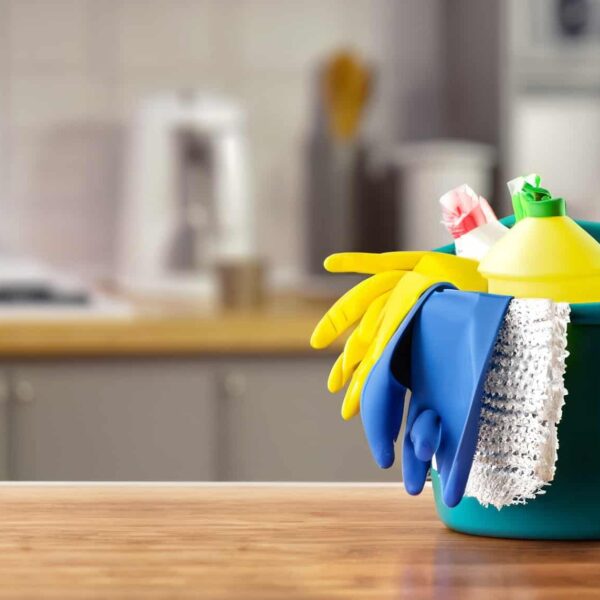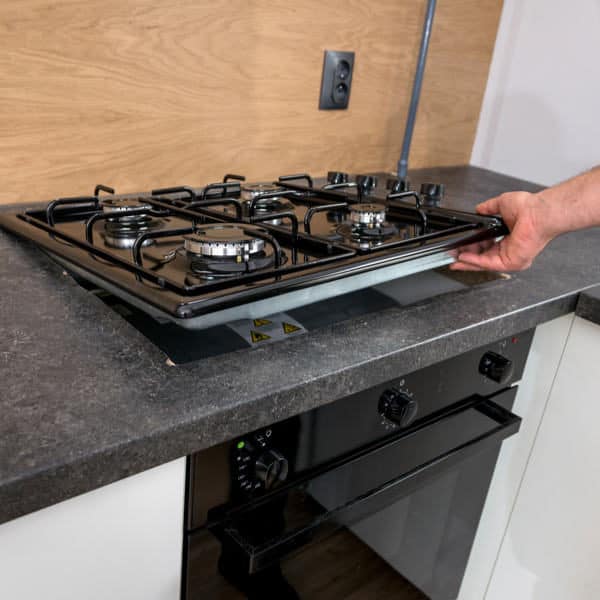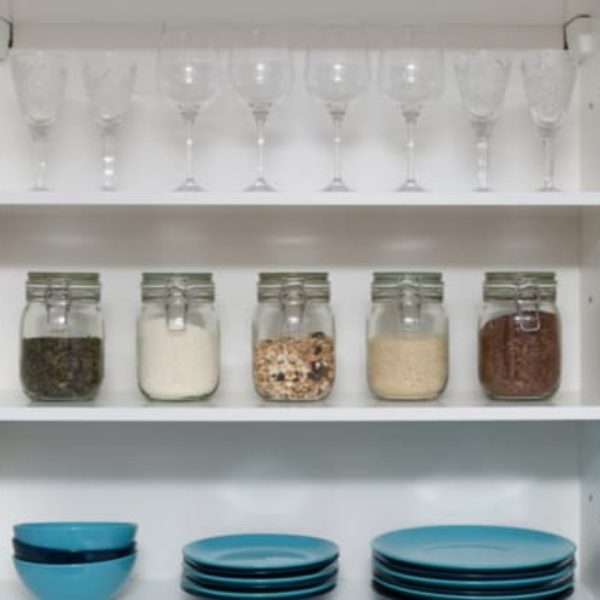The kitchen, the heart of every home, can unfortunately also become a haven for unwelcome guests – pests. From ants marching across your countertop to fruit flies swarming over your produce, these tiny intruders can prove to be a major annoyance.
Beyond the annoyance, they can also pose hygiene and health risks. But fear not! There are several effective measures you can adopt right in your kitchen to keep these pesky visitors at bay. Here, we present seven strategies to help you maintain a pest-free kitchen. So, let’s dive in and reclaim your culinary sanctuary.
Regular Cleaning
Maintaining a regular cleaning schedule is a fundamental step towards keeping pests away from your kitchen. Pests, like ants and cockroaches, are drawn to food remnants and spillages. By ensuring your kitchen surfaces, floors, and appliances are clean and free of food debris, you significantly reduce the chances of a pest infestation. Daily tasks could include wiping down surfaces, sweeping floors, and rinsing out dishes and pots immediately after use. Weekly chores might entail deep cleaning appliances and mopping the floor.
A clean kitchen is far less attractive to pests and helps maintain a hygienic environment for cooking. Not only does this help deter pests, but it also promotes overall cleanliness and food safety in your kitchen. Remember, prevention is key in keeping pests out. You can call a professional pest control service to help you with deep cleaning tasks if needed. If you live in Massachusetts, for example, looking up pest control Tewksbury, MA could help you find a reliable service in your area. Plus, regular cleaning will also make your kitchen look neat and organized!
Proper Food Storage
Proper food storage is another crucial measure to avert pest invasion. Open packets, overripe fruits, and unsealed containers can attract pests such as ants, fruit flies, and rodents. It’s essential to store food properly, especially perishable items, to deter these pests. Use airtight containers or bags for storing dry foods like cereals, grains, and leftovers. Frequently check your fruit bowl for ripening fruits and, if possible, store fruits in the refrigerator. Regularly inspect your pantry and fridge for expired items and discard them promptly.
Additionally, it’s essential to keep your kitchen clean and free of crumbs or food scraps that could attract pests. So, make sure you wipe down counters and sweep floors after preparing meals. Also, don’t leave dirty dishes in the sink overnight as they can also attract pests. You can also consider using natural pest repellents, such as herbs and essential oils, to ward off pests from your pantry and kitchen shelves. Firstly, ensure to store herbs and spices in tightly sealed containers to maintain their potency.
Sealing Cracks and Holes
Pests often enter the kitchen through small cracks and holes around windows, doors, and in walls. Regularly checking for such entry points and promptly sealing them can prevent pests from entering your kitchen. Silicone or latex caulk can be used to seal smaller openings, while larger holes might require a combination of steel wool and caulking. Also, weather stripping can effectively seal gaps under doors. Regularly inspect your kitchen and act promptly when you notice any new cracks or holes.
Keep in mind that even the tiniest openings can be an entry point for pests, so it’s essential to be thorough. This step not only helps deter pests but also aids in maintaining a well-insulated kitchen, reducing energy costs. Next time you spot a tiny crevice in your kitchen, don’t underestimate its potential to attract pests – seal it up!
Indoor Plants
Certain indoor plants can help repel pests naturally. Herbs like basil, mint, and lemongrass deter common kitchen pests like mosquitoes, ants, and flies. They not only add a touch of green to your kitchen but also have aromatic properties that can enhance your cooking. Ensure you take proper care of your indoor plants, as overwatering or neglecting them can create a conducive environment for pests. The key is to strike a balance – healthy plants can provide a natural defense against pests.
Not only do these plants repel pests, but they also absorb carbon dioxide and release oxygen, making your kitchen a healthier place. Plus, they can add beauty and freshness to your kitchen décor. Just make sure you don’t overcrowd your kitchen with too many plants.
Garbage Management
Effective garbage management is another crucial step in preventing pests. Leftover food in the trash can is a significant attraction for pests, and a poorly managed garbage system can be a breeding ground for a host of pests. Ensure you regularly take out the trash and use a bin with a tight-fitting lid to minimize pest attraction. If possible, opt for a garbage disposal system in your sink to reduce the quantity of food waste in your trash can.
Use of Pest Repellents
The judicious use of pest repellents can serve as a deterrent to kitchen pests. There are various types of repellents, including sprays, pellets, and electronic devices, that can be tailored to the type of pest you are dealing with. Natural repellents can be an excellent choice for the kitchen. Ingredients such as vinegar, cinnamon, and peppermint oil are known to be effective against various pests. Always exercise caution when using chemical repellents around food and cooking surfaces.
Regular Inspection
Regular inspection by a pest control professional is a proactive way to keep your kitchen pest-free. These experts can spot signs of an infestation early and efficiently deal with it, preventing the situation from escalating. A professional can also provide advice tailored to your specific kitchen environment and the type of pests common in your area. Regular check-ups can help you stay one step ahead of potential pest invasions.
In conclusion, maintaining a pest-free kitchen doesn’t have to be a daunting task. Implementing these strategies – regular cleaning, proper food storage, sealing cracks and holes, growing indoor plants, efficient garbage management, use of pest repellents, and regular inspection – can help you create a hygienic and enjoyable cooking space.
Remember, prevention is always better than cure. So, take proactive steps to prevent pests from turning your kitchen into their breeding ground. With consistent effort and careful attention, you can keep your kitchen a pest-free zone and continue to enjoy the art of cooking in a clean, safe environment.
